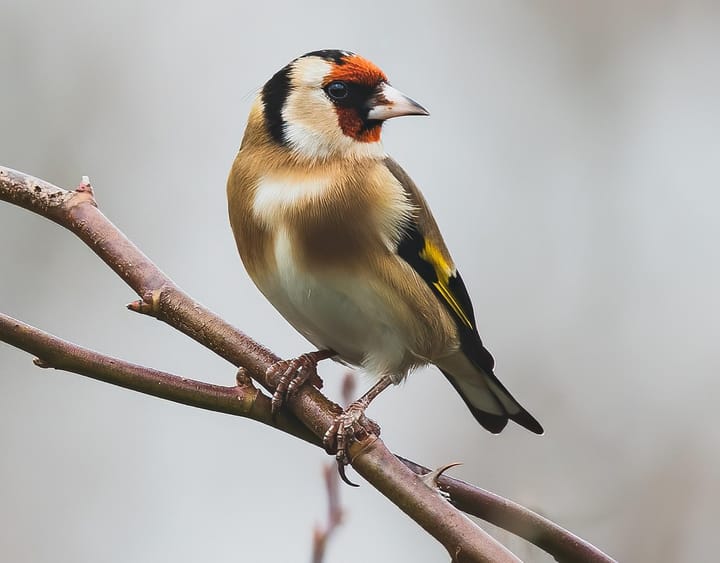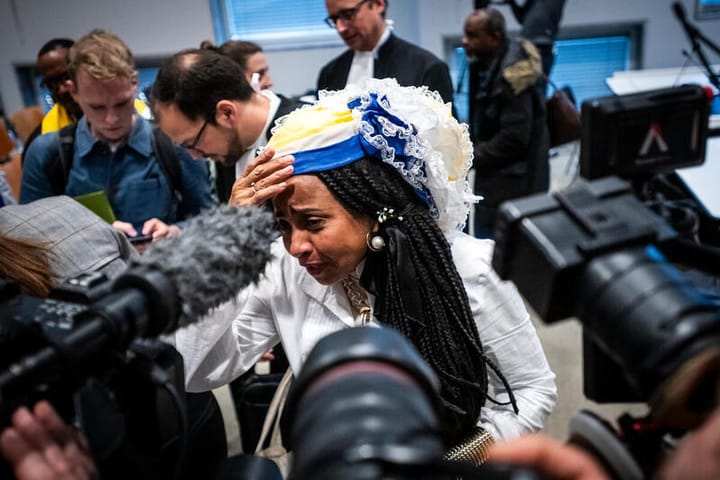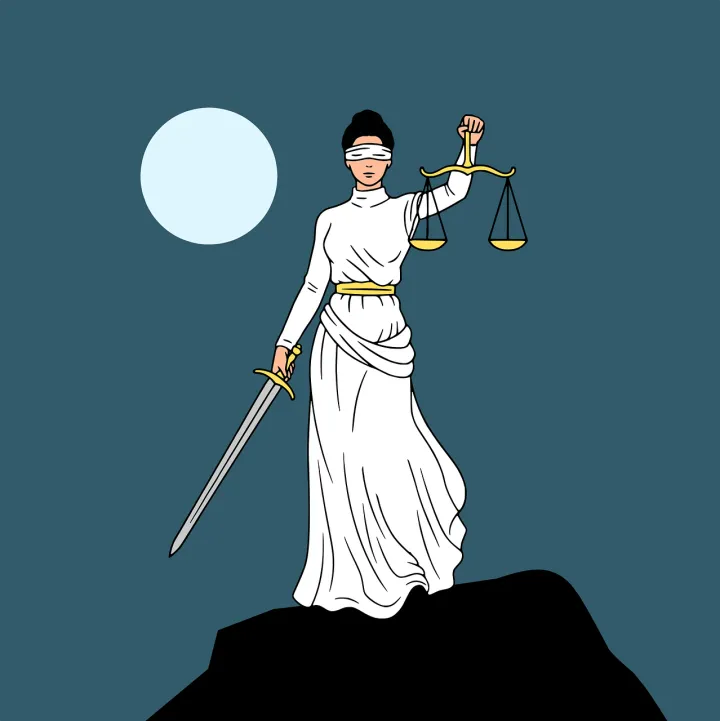'Deeply collaborative': African Court asked to give its opinion on climate change
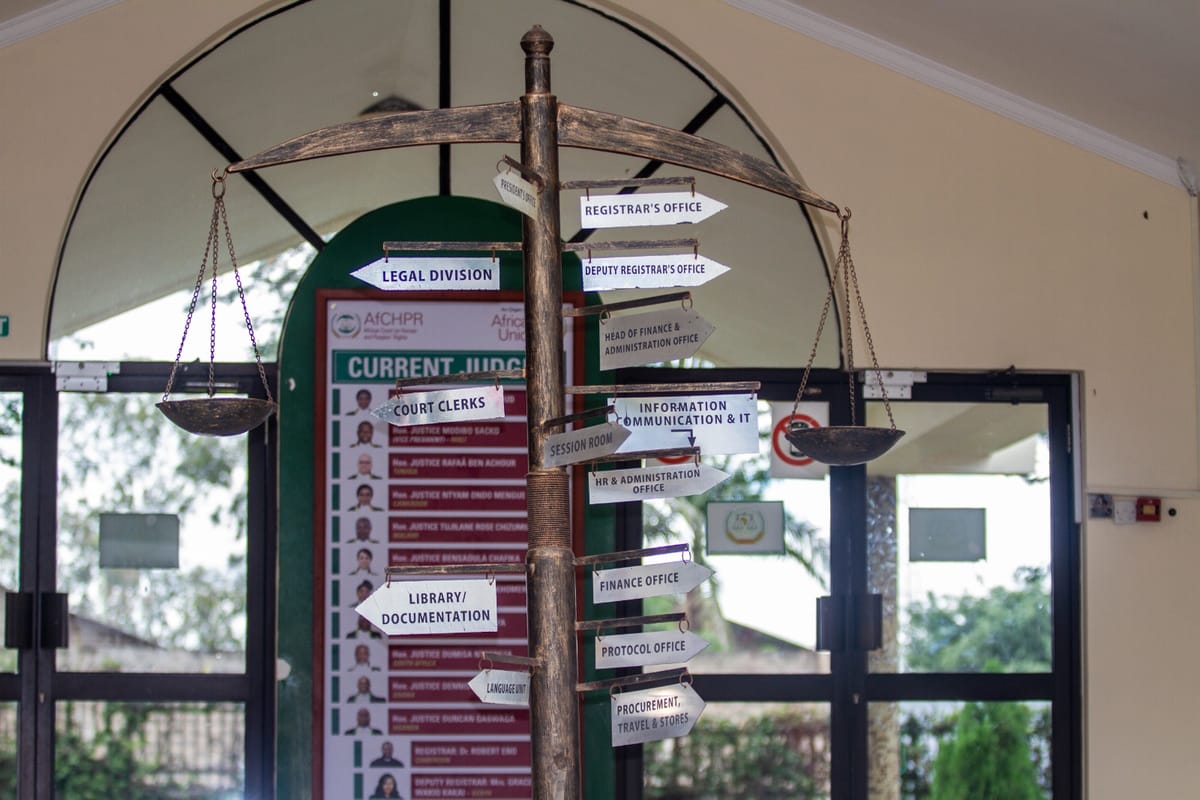
The African Court on Human and People’s Rights has been asked for its expert view on climate change, making it the fourth major international court likely to weigh in on the unfolding crisis.
Campaigners filed a formal petition for an advisory opinion at the Tanzania-based court on 2 May following months of “deeply collaborative” work to finalise the wording. They are seeking legal guidance on the human rights obligations of African states in the context of climate change.
“Africa has contributed the least to global greenhouse gas emissions, yet bears the brunt of the devastating impact of the climate crisis,” said Alfred Brownell, who spearheaded the request as lead campaigner for the African Climate Platform. “This legal initiative is about securing justice, protection, and dignity for millions of Africans - now and into the future.”
The Pan African Lawyers Union is the lead petitioner, although many other organisations were also involved including youth network Resilient 40, South Africa-based Natural Justice and the Environmental Lawyers Collective for Africa.
Human rights under threat
The African Court was set up by member states of the African Union to enforce the African Charter on Human and Peoples’ Rights. Petitioners say many rights embedded in this charter and related legal agreements are under threat from climate change including the right to a healthy environment, life, health, development, dignity and equal treatment, as well as the specific rights of women, children, the elderly, people with disabilities, Indigenous peoples and internally displaced people.
They stress that climate change is already affecting human rights in Africa, where people have died due to famine, extreme drought and flooding - and this will get worse if climate change continues on its current trajectory. The World Meteorological Organization warns that the continent is suffering disproportionately, with harm to food security, ecosystems and economies, fueling displacement and migration and worsening the threat of conflict over dwindling resources.
The African Court is the fourth international court to receive such a request for an advisory opinion. These documents are non-binding but carry significant legal weight and moral authority.
The International Tribunal on the Law of the Sea (ITLOS) was the first to publish its opinion, stating last year that greenhouse gases are pollutants that are wrecking the marine environment and that states have a legal responsibility to control them that goes beyond the Paris Agreement.
The Inter-American Court of Human Rights, which held hearings in Barbados and Brazil, is expected to publish its document soon. And the International Court of Justice held a two-week hearing in The Hague in December, in which the world’s biggest polluters were singled out as having particular legal responsibilities, and is likely to deliver its opinion in the summer.
Nomasango Masiye-Moyo, co-ordinator of the Environmental Lawyers Collective for Africa, said this latest petition is distinct in both its spirit and setting. “Unlike the other global advisory proceedings currently underway, this effort is firmly rooted within the African legal and institutional framework.”
Nomasango Masiye-Moyo, co-ordinator of the Environmental Lawyers Collective for Africa, speaking outside the African Court on Human and Peoples' Rights (Video: Pan African Lawyers Union)
Masiye-Moyo said the process of writing the petition was “deeply collaborative”, involving civil society, legal practitioners and environmental defenders from across the continent, which meant the voices shaping it were “authentically African and intimately familiar with the challenges we face".
People gathered for several days in late April in the north-eastern city of Arusha to finalise the document’s wording.
International human rights lawyer Dzimbabwe Chimbga, lead drafter on the petition, said distilling it all down into a final document was complex but rewarding. "The challenge was to reduce all the views into one flowing, compelling story using language acceptable to all the stakeholders and still present well-framed legal arguments for climate justice and its connection to human rights enshrined in the African Charter.
"I think ultimately, we got there. And, as they say, the taste is in the pudding."
“There is often a perception that Africa must look westward for legal successes or authoritative answers, especially on complex issues like climate justice," said Masiye-Moyo. "This process rejects that notion.”
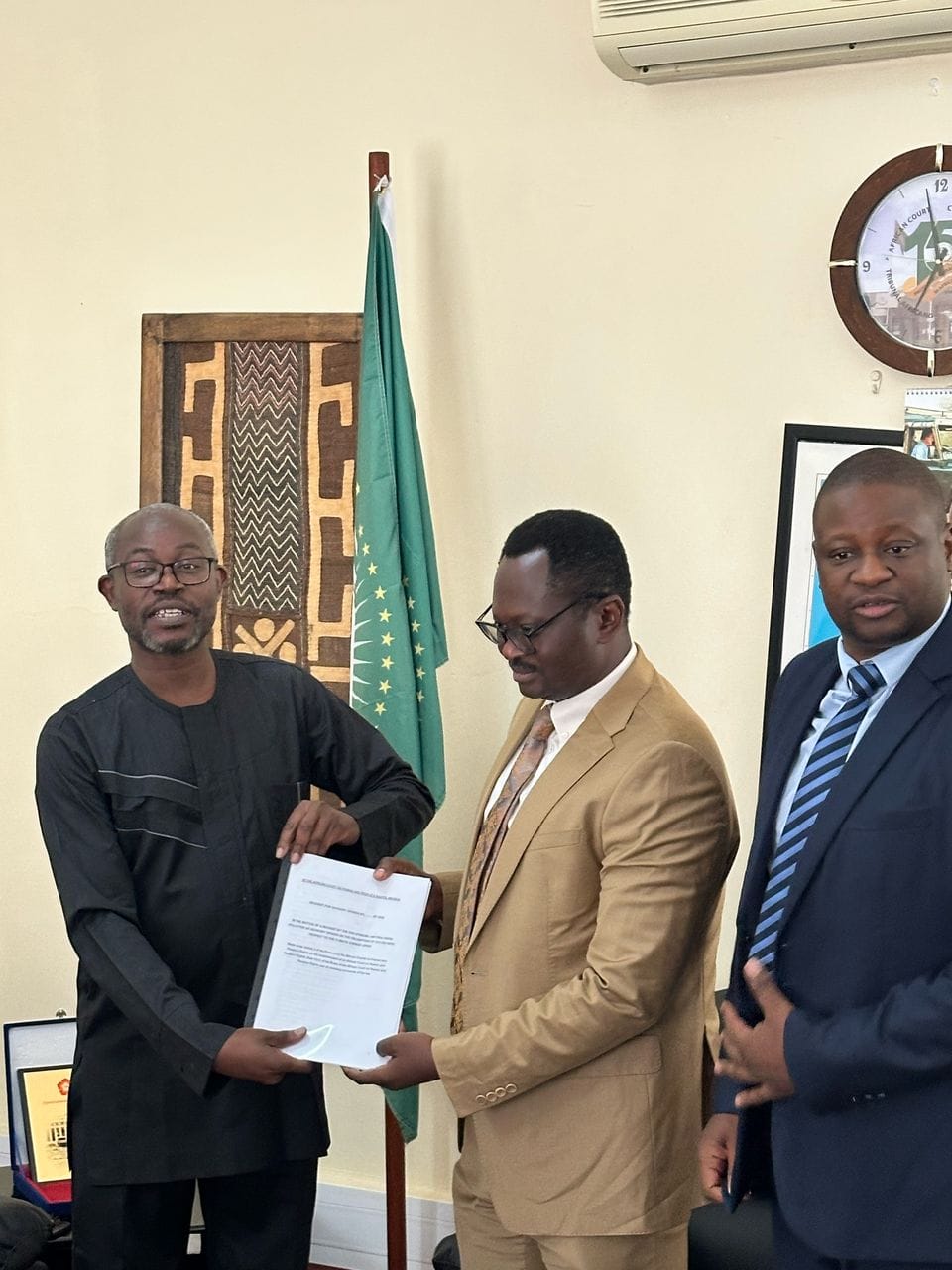
African countries have contributed only a small proportion of historic greenhouse gases. So although the petition asks for clarification on the implementation of “meaningful” state climate mitigation strategies, it does not focus heavily on their legal responsibilities as emitters.
Instead it asks the court to affirm states’ duties to safeguard citizens’ rights and their obligations to protect vulnerable groups. That includes the way in which they involve affected communities in environmental decision-making and adopt climate policies that are participatory, transparent and accountable.
The petition seeks the promotion of a just transition, equitable energy systems and the decolonisation of natural resource governance. And it asks the court to affirm legal standards for climate adaptation, resilience, and loss and damage, as well as the advice on how states should be regulating third-party conduct - particularly that of multinational corporations.
States and communities across the world are turning to the courts for climate justice. This kind of litigation has a unique character in Africa, where it often focuses on the more direct environmental impacts of fossil fuels, but is nevertheless a powerful legal tool.
"A principled and clear advisory opinion would provide a powerful legal compass for domestic courts and policymakers alike"
The African Court has yet to formally accept the petition for an advisory opinion. If it does so, it will be its first time directly addressing climate change, but it has previously ruled broadly on the importance of compliance with rights enshrined in the African Charter.
Masiye-Moyo told The Wave that being present at the court to witness the filing was “both a professional milestone and a powerful reminder of what collective legal action can achieve in the face of climate injustice”.
“In a region where climate action, activism, and litigation are still emerging, a principled and clear advisory opinion would provide a powerful legal compass for domestic courts and policymakers alike, and would significantly advance the legal protection of climate-impacted communities across Africa,” she said.

